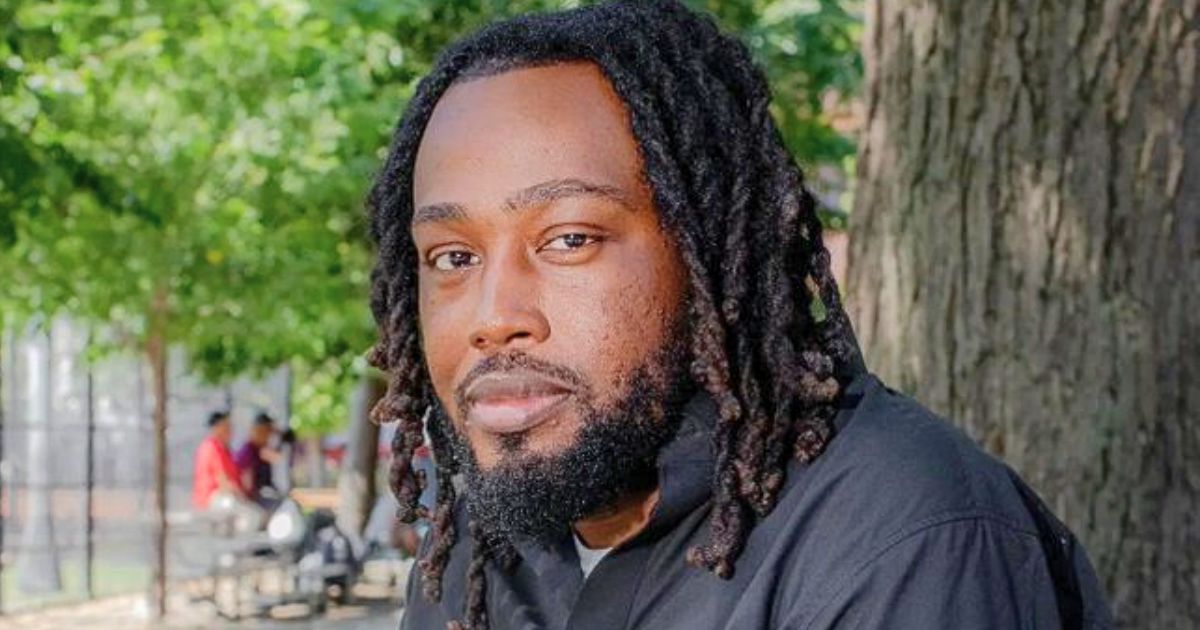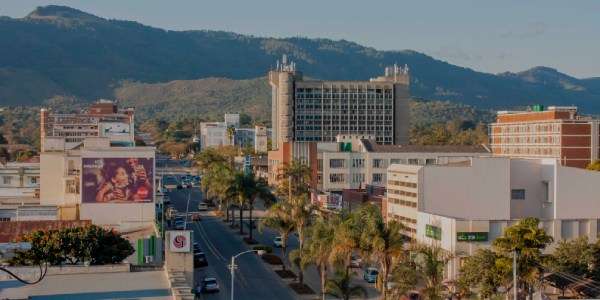NYPD Slammed for Wrongful Arrest of Man Who Looked Nothing Like Suspect – Blame Falls on ‘Unreliable’ AI Facial Recognition
By Sohini Sengupta
Copyright inquisitr

It sounds like something straight out of a sci-fi movie: blurry security camera footage, a computer program claiming it found a match, and an arrested man insisting he wasn’t even there. But for Trevis Williams, this isn’t fiction…it’s what actually happened to him. After being arrested by the New York Police Department for indecent exposure in April, the 36-year-old was detained for more than two days.
The issue is that Williams wasn’t close to the scene; his phone records indicated he was miles away at the time, and he didn’t match the victim’s description of the suspect. Still, a facial recognition system identified him as similar-looking, so the police arrested him.
An innocent man was arrested because of a single computer error.
Civil rights activists contend that this case raises persistent worries about police use of AI, especially when Black people are most affected. The incident began in February when a Manhattan woman reported an Amazon delivery driver exposed himself to her.
She described the suspect as 5’6″ and 160 pounds. Yet, the man arrested stands at 6’2″ and weighs 230 pounds!
Details matter — except, apparently, to the NYPD. Investigators used a blurry still from surveillance footage in their facial recognition system. The software generated mugshots with “statistically similar” faces, reports the Atlanta Black Star.
Williams, whose photo was in the database from an earlier minor arrest, appeared in the lineup. The victim identified him, and police pressed charges even though Williams had an alibi, didn’t physically match the suspect, and phone records placed him in Brooklyn at the time.
“Traditional police work could have solved this case or at least saved Mr. Williams from going through this,” said Diane Ackerman, his Legal Aid lawyer. Instead, Williams’ life got turned upside down.
Civil rights groups aren’t holding back. The Surveillance Technology Oversight Project doubled down on calls to ban facial recognition across New York. Albert Fox Cahn, who heads STOP, put it bluntly: “If the NYPD is willing to use a facial recognition result this flawed, how can they ever be trusted to police their own algorithm?”
Trevis Williams’s wrongful arrest is front page today. NYPD messed up mightily, but this isn’t a tale of human error or tech that doesn’t work.
It’s a tale about a bad process, a FIXABLE process: Police need more evidence than facial recognition to put a suspect in a lineup. https://t.co/oYozPHzwI5 pic.twitter.com/aHpWRuaoZN
— Kashmir Hill (@kashhill) August 28, 2025
The Legal Aid Society claims the NYPD bent its own rules by pulling photos from outside sources, including FDNY databases and networks that scrape images from all over the Internet. Lawyers say this is how Williams found himself in an all-too-familiar nightmare: wrongfully made arrests due to flawed AI matches.
Williams’ story is an example of how facial recognition technology frequently makes mistakes when it comes to women, older adults, and people of color, especially with grainy security footage. Even government researchers acknowledge that it works only under “controlled conditions,” not in the real world.
Williams is suffering greatly. He was about to start a job as a guard at Rikers Island, but his hiring is now on hold. He’s scared people will label him an offender and that he won’t be able to pick up his kid from school or find work later. “In the blink of an eye, your whole life could change,” he told The New York Times.
The charges against Robert Williams were dropped in July, but that hasn’t stopped the daily stress, the lingering shame, or the fear that this mess might follow him for years. He’s now talking to lawyers about suing the NYPD.
Trevis Williams was driving his car miles away from the sex crime that the NYPD jailed him for. Now, critics of the NYPD’s facial recognition tech are calling for an investigation.https://t.co/z3auVvIY1u pic.twitter.com/uREew4lg4R
— Eyewitness News (@ABC7NY) August 28, 2025
Police officials stand by their facial recognition tech, claiming it’s cracked “thousands of cases” since 2011. They insist no one gets arrested just because a computer flags them. But Williams’ experience tells a different story.



